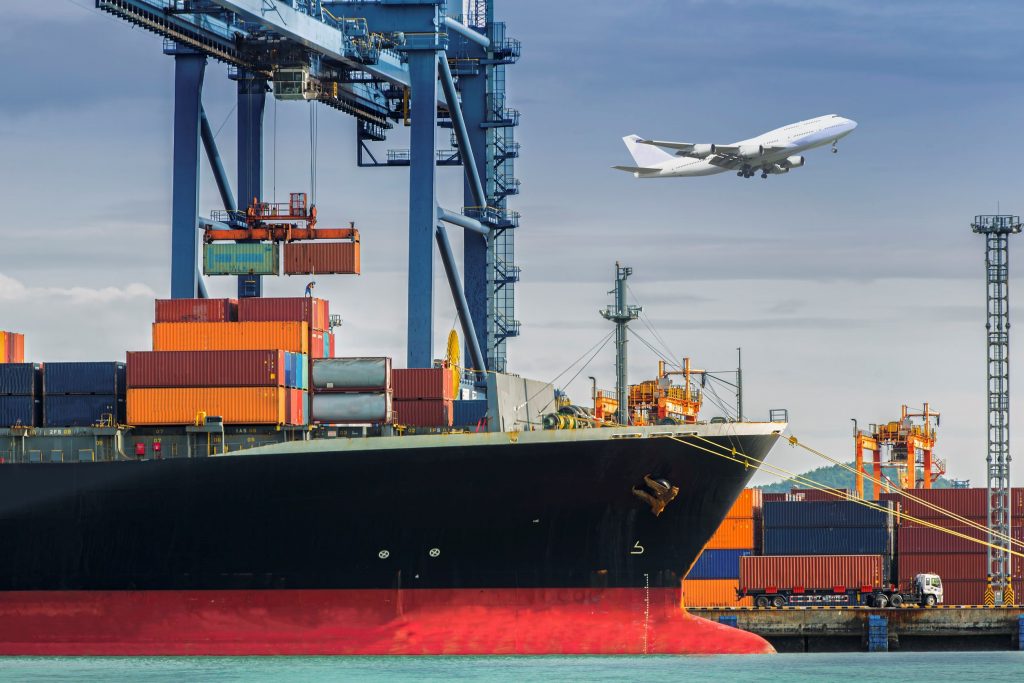Global logistics provider Agility has become the first freight forwarder to collaborate on Maersk and IBM’s blockchain solution which aims to provide more efficient and secure methods for conducting global trade.
IBM and Maersk revealed their global trade digitisation platform, built on the Hyperledger Fabric 1.0 blockchain, in January. DuPont, Dow Chemical, Tetra Pak, the U.S. Customs and Border Protection, and others piloted an early version of the project.
Agility has agreed to identify events associated with individual shipments and to share and receive information about them via the distributed ledger blockchain technology developed by IBM and Maersk. Agilitys goal is to reduce costs which reportedly accounts for one-fifth of the world’s total $1.8tn annual shipping costs and increase shipping efficiency by integrating information about shipments onto a secure platform accessible to shippers, carriers, freight forwarders, and others in the supply chain.
Essa Al-Saleh, CEO of Agility Global Integrated Logistics, said: “Blockchain technology is going to make shipping cheaper, safer and more reliable. As early adopters, companies like Agility can help Maersk and IBM understand the needs of shippers, and develop standards that will make trade more efficient. We can help customers understand how to use blockchain to improve shipment visibility, eliminate paperwork, reduce errors, and shorten transit and clearance times.”
According to The World Economic Forum, by reducing barriers within the international supply chain, global trade could increase by nearly 15%. In addition to showing the location of containers in transit, blockchain can show the status of customs documents, bills of lading, and other documentation. It can improve workflow, cut processing costs, and enhance visibility by integrating shipping processes and partners. Customs and border authorities can use the technology to improve the information available for risk analysis, leading to increased safety and security as well as greater efficiency in border inspection clearance.
Other blockchain-based shipping initiatives are underway, including those relating to trade finance, product provenance, and the consolidation of administrative processes. However, as American Shipper points out, the emergence of a multiplicity of projects may be detrimental in the end, as they risk developing simultaneously, but separately, potentially created a fractured system much like the existing one.




